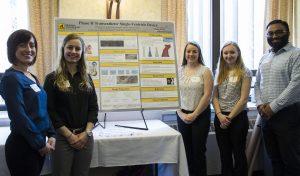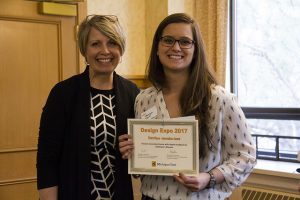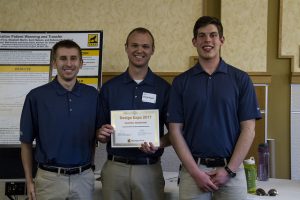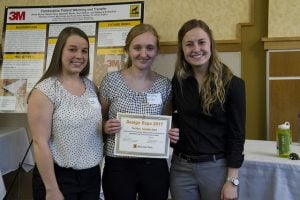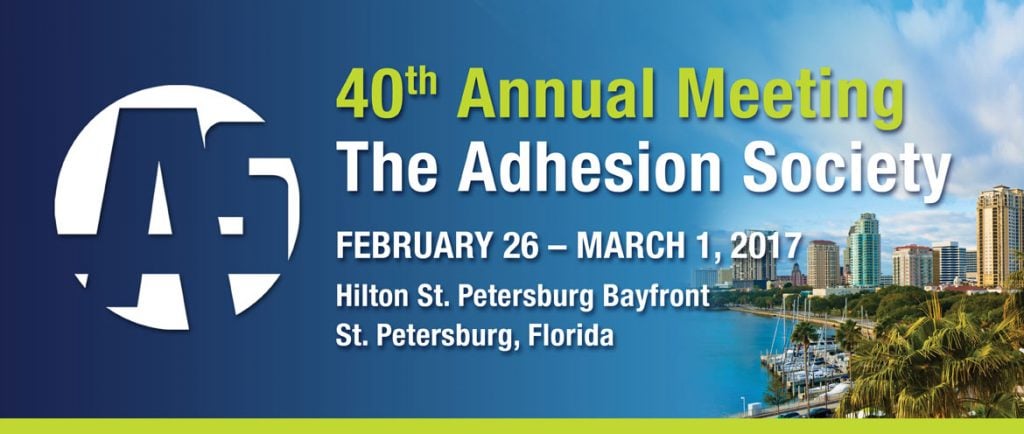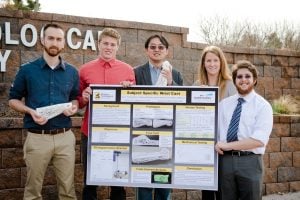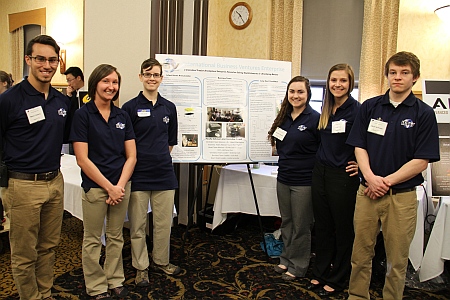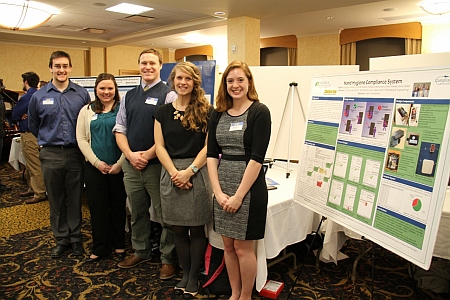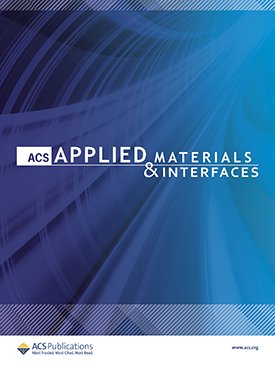
Bruce Lee (BioMed) published a paper titled “Iron Magnetic Nanoparticle-Induced ROS Generation from Catechol-Containing Microgel for Environmental and Biomedical Applications” in ACS Applied Materials & Interfaces.
The coauthors are graduate student Zhongtian Zhang (BioMed), undergraduate student Max Reaume (BioMed), postdoctoral researcher Bo Liu (BioMed) and collaborators Chao Zhou and Min Wu from Changzhou University and Guangdong University of Technology, respectively.
https://doi.org/10.1021/acsami.9b19726
This article is part of the Advances in Biocidal Materials and Interfaces special issue.
Extract
Reactive oxygen species (ROS) can degrade organic compounds and function as a broad-spectrum disinfectant. Here, dopamine methacrylamide (DMA) was used to prepare catechol-containing microgels, which can release ROS via metal-catechol interaction. A combination of the microgel and iron magnetic nanoparticle (FeMNP) significantly reduced the concentration of four organic dyes (Alizarin Red S, Rhodamine B, Crystal Violet, and Malachite Green) and an antibiotic drug, ciprofloxacin, dissolved in solution.
Additionally, catechol chelates heavy metal ions, resulting in their removal from solution and repurposed these metal ions for dye degradation.
This multifunctional microgel can potentially be used for environmental applications for the removal of organic pollutants and heavy metal ions from wastewater, as well as reducing bacterial infection in biomedical applications.
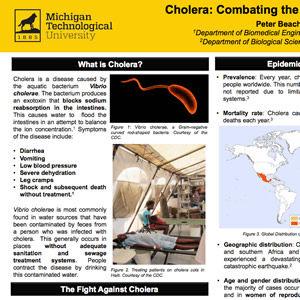 Thanks to all who participated in this year’s
Thanks to all who participated in this year’s 
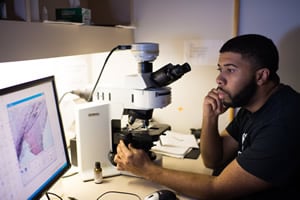 Michigan Tech students interested in medicine, veterinary medicine and other health-related professions participated in the
Michigan Tech students interested in medicine, veterinary medicine and other health-related professions participated in the 